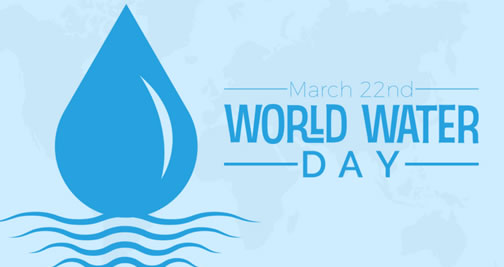The amount of water in the human body: Most of the amount in the human body is water. As we age, the amount of water in the body decreases. The water content can reach 98% in the embryonic stage, 91% in the fetus at 3 months, 81% in the 8-month period, and 80% in the newborn, and gradually reach the adult level after 10-16 years of age. Men over the age of 60 have 50 percent water content and women have about 45 percent.
How much water to drink every day: The "Dietary Guidelines for Chinese Residents" recommends that Chinese residents drink 1500~1700 ml of water every day.
Don't drink water when you're thirsty: Most people don't think about drinking water until they're thirsty. In fact, when the brain senses the signal of the body's lack of water, the body has been "dry" for a long time. "Dry mouth" is already a sign of dehydration. Especially when people get older, people's sensitivity to water shortage will become weaker and weaker, and some elderly people still can't feel thirsty because their mouth is obviously dry, so they can't meet the body's demand for water. The correct way to drink water is to drink a lot of water in small quantities and not wait until you are thirsty.
Definition of drinking water: The World Health Organization defines drinking water as: based on the average life expectancy of 70 years, each person drinks 2 liters of water per day, and the risk of illness due to drinking water is less than 1 in 1 million, that is, only 1 in 1 million people will get sick from drinking water.
How the human body absorbs water: Unlike the digestion and absorption of ordinary food, after water enters the digestive system, most of it is directly absorbed by the small and large intestines, and is absorbed through the intestinal mucosa into the intestinal capillaries or lymphatic vessels, becoming a part of the blood. This direct way of water absorption by the human body makes the effect of water on the human body more obvious.






